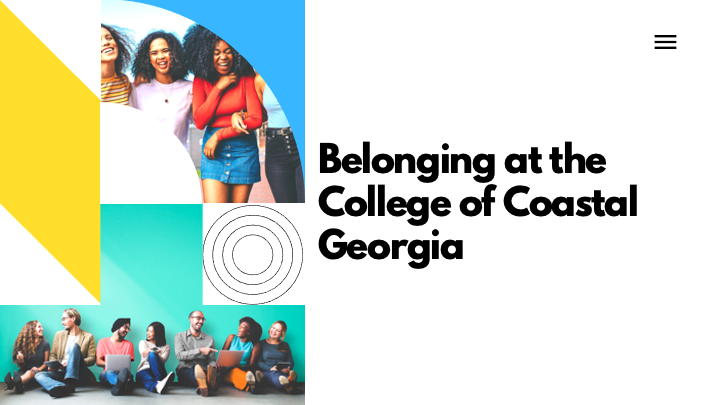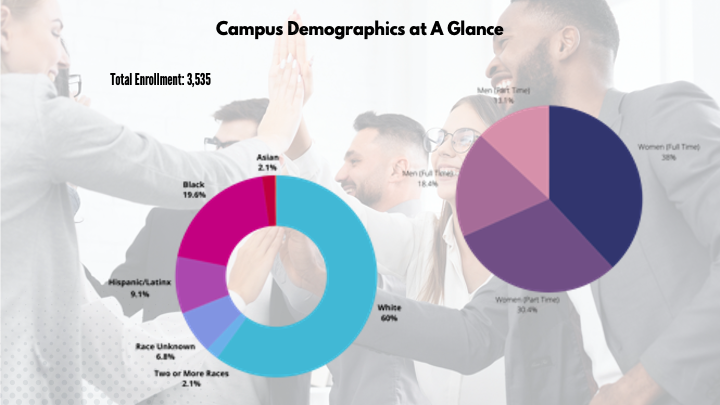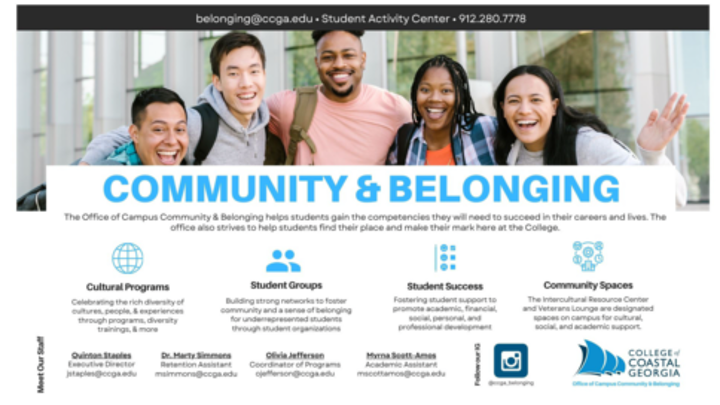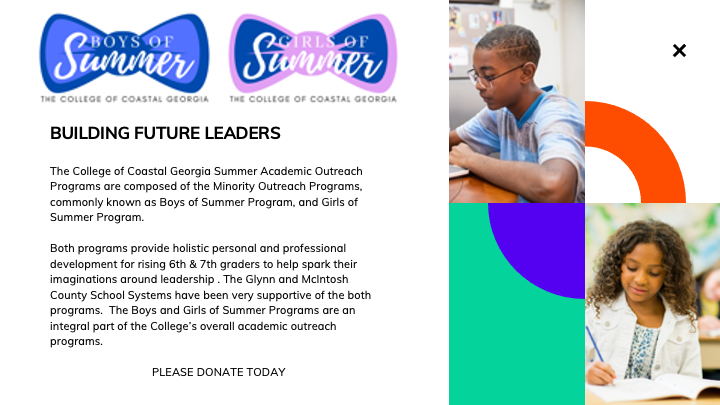- Home
- Campus Life
- Office of Campus Community & Belonging
Office of Campus Community & Belonging
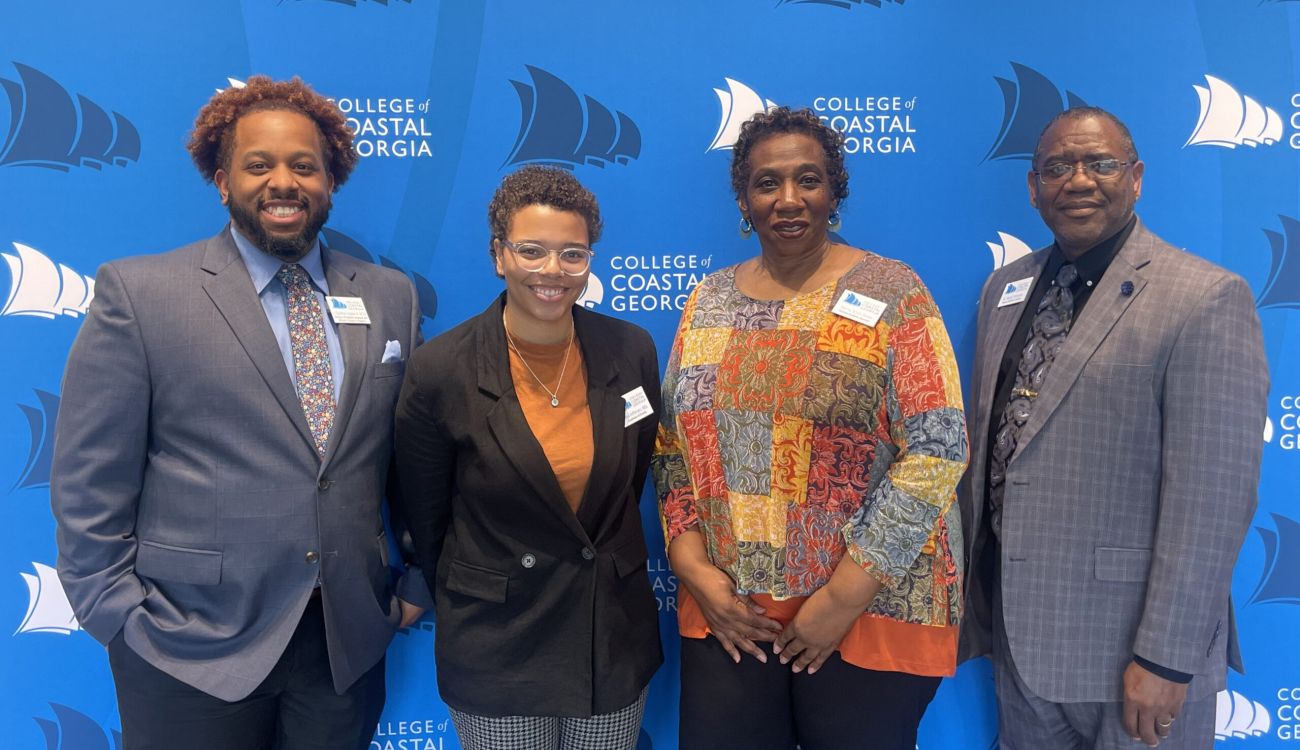
At the College of Coastal Georgia, we celebrate our diverse student population. Our students represent many races, ethnicities, nationalities, and cultures – all of which enhance our community.
The Office of Campus Community & Belonging helps students gain the competencies they will need to succeed in their careers and lives. The office also strives to help students find their place and make their mark here at the College.
Our mission is to offer programs that foster the understanding of and respect for cultural differences. We help to ensure that the campus community supports cultural and academic initiatives through multicultural programs, advocacy, and intercultural understanding.
Cultural Programs
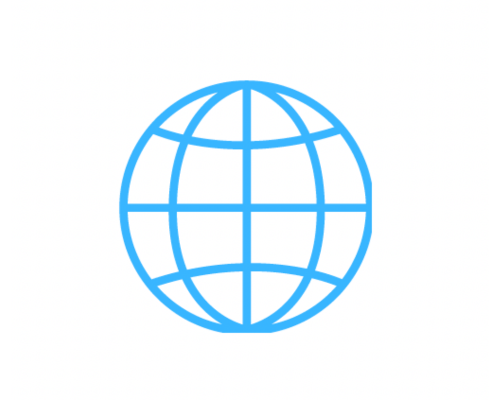
Celebrating the rich diversity of cultures, people, and experiences through programs, diversity trainings, and more
Student Groups
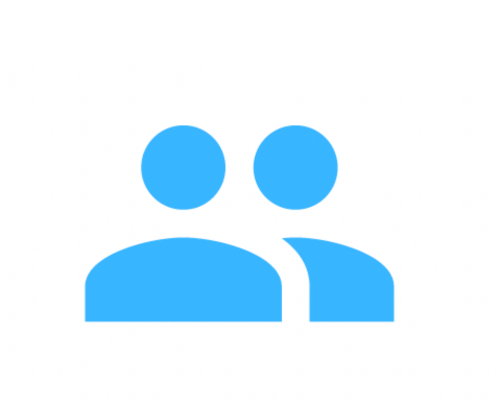
Building strong networks to foster community and a sense of belonging for underrepresented students through student organizations
Student Success
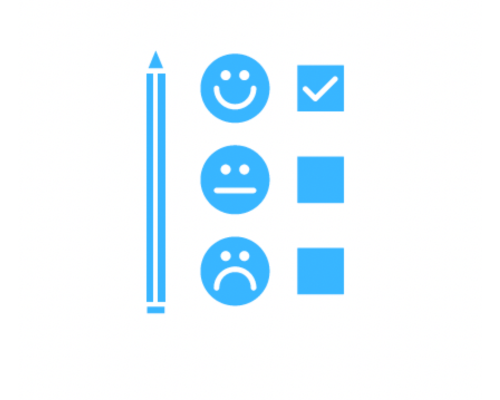
Fostering student support to promote academic, financial, social, personal, and professional development
Community Spaces

The Intercultural Resource Center and Veterans Lounge are designated spaces on campus for cultural, social, and academic support.
Celebrating culture and heritage are valued parts of the College of Coastal Georgia. The Office of Campus Community & Belonging is proud to lead several programs celebrating the rich traditions and histories of various cultures.
Each January, the College of Coastal Georgia is proud to celebrate the life, legacy, and contributions of Dr. Martin Luther King, Jr. Each year, the week culminates in our annual Dr. MLK Commemorative Walk.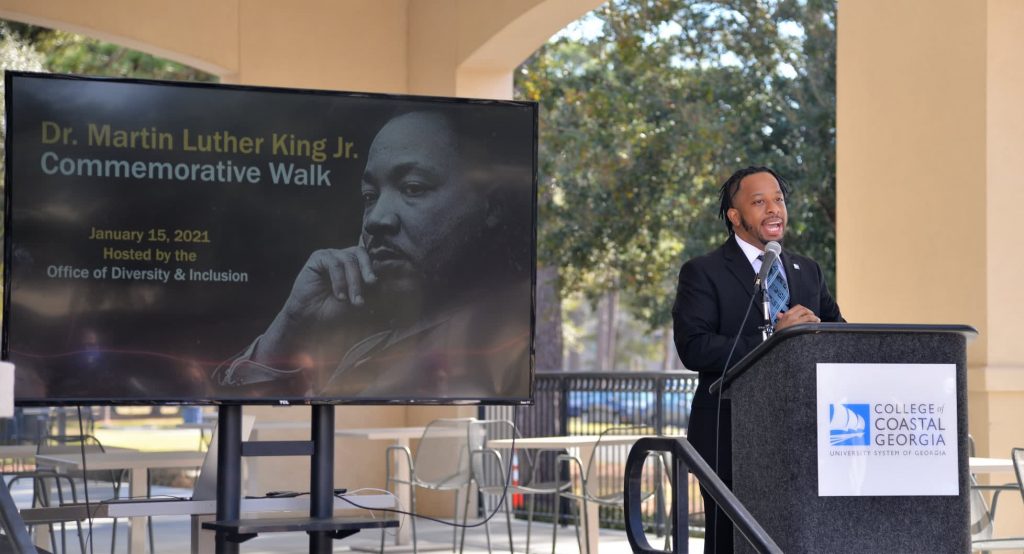
Each February, Americans observe Black History Month to commemorate African American history and achievement in the United States. Click here to see all the events we held and celebrated as a College this past February.
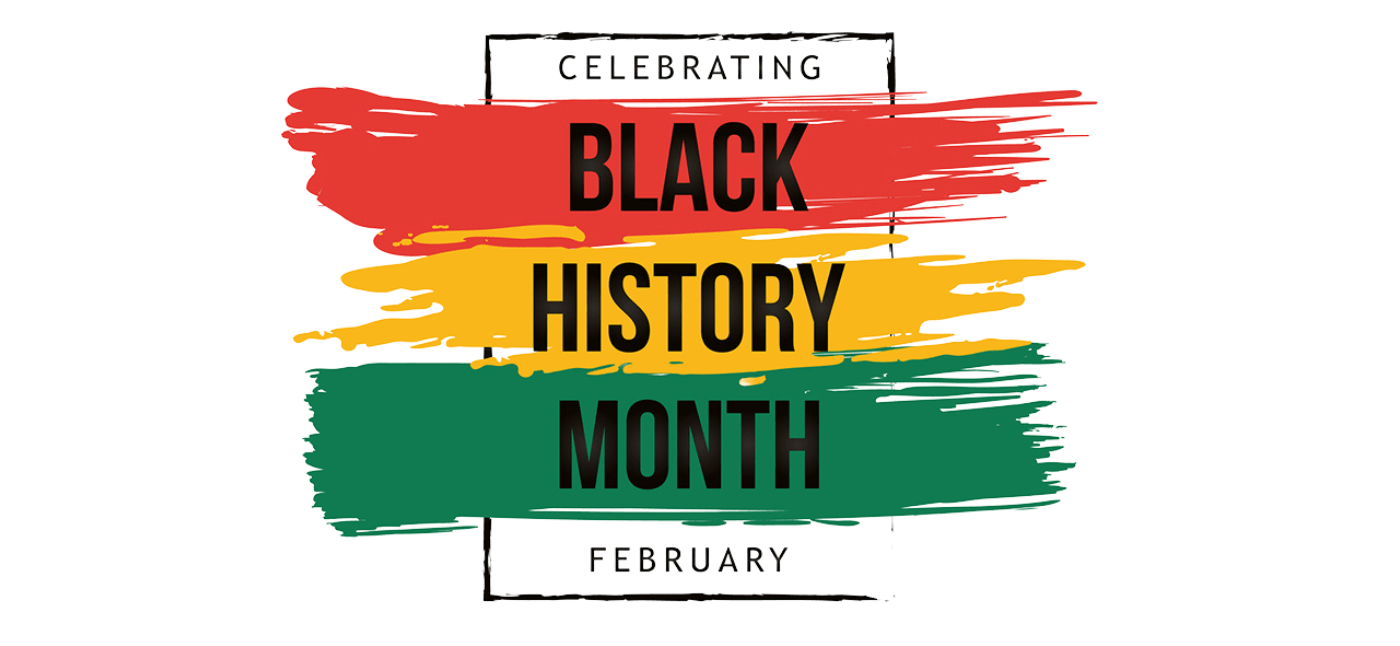
Women’s History Month had its origins as a national celebration in 1981 when Congress passed Pub. L. 97-28, which authorized and requested the president to proclaim the week beginning March 7, 1982 as “Women’s History Week.”

Throughout the next five years, Congress continued to pass joint resolutions designating a week in March as “Women’s History Week.” In 1987, after being petitioned by the National Women’s History Project, Congress passed Pub. L. 100-9, which designated the month of March 1987 as “Women’s History Month.” Between 1988 and 1994, Congress passed additional resolutions requesting and authorizing the president to proclaim March of each year as Women’s History Month. Since 1995, presidents have issued a series of annual proclamations designating the month of March as “Women’s History Month.” These proclamations celebrate the contributions women have made to the United States, as well as recognize the specific achievements women have made over the course of American history in a variety of fields. Learn more about Women’s History Month here.
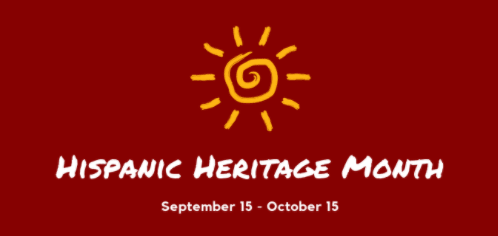
Each year, Americans observe National Hispanic Heritage Month from Sept. 15 to Oct. 15 by celebrating the histories, cultures, and contributions of American citizens whose ancestors came from Spain, Mexico, the Caribbean, and Central and South America.
The observation started in 1968 as Hispanic Heritage Week under President Lyndon Johnson, and was expanded by President Ronald Reagan in 1988 to cover a 30-day period. It was enacted into law on Aug. 17, 1988, on the approval of Public Law 100-402. The day of Sept. 15 is significant because it is the anniversary of independence for Latin American countries Costa Rica, El Salvador, Guatemala, Honduras, and Nicaragua. In addition, Mexico and Chile celebrate their independence days on Sept. 16 and Sept. 18, respectively. Also, Columbus Day, or Dia de la Raza, which is Oct. 12, falls within this 30-day period. Learn more about Hispanic Heritage Month here.
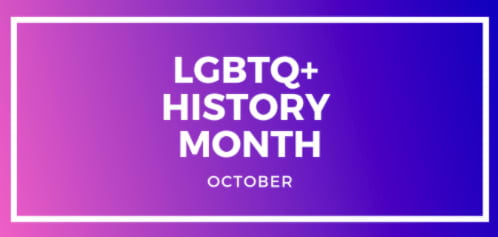
Every day in October, LGBTQ+ History Month recognizes the achievements of men and women in the LGBTQ+ community. LGBTQ+ History Month encourages informative discussions to learn more about the leaders in the movement who drove equality forward. In 1994, Rodney Wilson, a Missouri high school teacher, believed a month should be dedicated to the celebration and teaching of gay and lesbian history. He gathered other teachers and community leaders. Together, they selected October because public schools are in session, and existing traditions, such as Coming Out Day (Oct. 11) occur that month. Gay and Lesbian History Month was endorsed by GLAAD, the Human Rights Campaign, the National Gay and Lesbian Task Force, the National Education Association, and other national organizations. Learn more about LGBTQ+ History Month here.
Below is a comprehensive list of the cultural celebrations recognized by the College:
- Jan. 15: Martin Luther King Jr. Birthday – commemorates the life of Rev. Martin Luther King. Jr., celebrated on the third Monday of January each year.
- Feb. 1: Black History Month – this month is designated to remember the contributions of people of the African diaspora.
- Feb. 10: Lunar New Year – marks the beginning of the lunar calendar in many East Asian cultures.
- March 1: Women’s History Month – established in 1987, recognizes all women for their valuable contributions to history and society.
- March 8: International Women’s Day – First observed in 1911 in Germany, a global celebration honoring women’s economic, political, and social achievements.
- March 25: Holi – annual Hindu and Sikh spring religious festival observed in India, Nepal, and Sri Lanka.
- April 1: National Arab American Heritage Month – celebrates Arab American heritage, culture, and pays tribute to the contributions of Arab Americans and Arabic-speaking Americans.
- April 5: Laylatul Qadr – the holiest night of the year for Muslims is traditionally celebrated on the twenty-seventh day of Ramadan. It commemorates the night that the Quran was first revealed to the prophet Muhammad.
- May 1: Asian American & Pacific Islander Heritage Month – this month is a dedicated celebration in the United States that takes place annually in May.
- June 19: Juneteenth – established as a federal holiday in 2022, this celebration honors when slaves in Texas and Louisiana finally heard they were free, after the end of the Civil War.
- Aug. 26: Women’s Equality Day – commemorates the Aug. 26, 1920 certification of the Nineteenth Amendment to the U.S. Constitution that gave women the right to vote.
- Sept. 15: Hispanic Heritage Month – observed from Sept. 15 to Oct. 15, this month celebrates the history, contributions, and people of Hispanic/Latinx heritage.
- Oct. 1: LGBTQ+ History Month – started in 1994 to recognize the lesbian, gay, bisexual, transgender, queer history, and of the gay rights movement.
- Oct. 11: National Coming Out Day (United States) – this day celebrates coming out and the recognition of the 1987 march on Washington for gay and lesbian equality.
- Oct. 14: National Indigenous Peoples Day – an alternative celebration to Columbus Day, this day gives recognition to the indigenous populations affected by colonization.
- Oct. 31: Dia de los Muertos – a time of remembrance within the Hispanic/Latinx community for dead ancestors, and a celebration of the continuity of life.
- Nov. 1: National Native American Heritage Month – celebrates the history and contributions of Native Americans.
- Nov. 11: Veterans Day – honors military veterans and commemorates the ending of World War I in 1918.
- Nov. 20: Transgender Day of Remembrance – memorializes those who have been killed and raises awareness of the continued violence endured by the transgender community.
- Dec. 25 – Jan. 2: Hanukkah – Jewish holiday that is celebrated for eight days and nights.
- Dec. 26 – Jan. 1: Kwanzaa – African-American holiday started by Maulana Karenga in 1966 to celebrate universal African-American heritage.

Here, you will see that the Intercultural Resource Center (IRC) is not only a physical space located in the Student Activity Center, but it is also the center for our ALANAM (African-American/Black, Latino/Hispanic, Asian/Pacific Islander, Native American, Alaskan Native, and Multiracial) communities and the convener of student diversity education campus-wide.
It is intended as a social and educational resource space, where students can hang out with friends, meet with organization leaders, study, and learn about tutoring and mental health support.
Join the Office of Campus Community & Belonging for the very first Leadership Academy. The Academy will feature daily seminars and workshops to help you develop your leadership abilities, become successful academically, and sharpen your professional skills. You will also be assigned a campus mentor to help you navigate your time here at Coastal. Email belonging@ccga.edu for more information.
Coastal Georgia has many organizations for students to get involved in. Of these organizations, we recognize the ones below who are cultural or identity-based. Our goal is to support and encourage them to provide unique and diverse programs for the College community.
- Black Student Union: The purpose of BSU is to act as a chief liaison between black students and the College administration, actively participate in functions on and off campus, and provide enrichment and enlightenment to the plight of black students attending a predominately Caucasian university. It also strives to provide a comfortable setting for social interaction, which in turn helps unify and improve success of black students at Coastal Georgia.
- Gender & Sexuality Alliance: GSA is a group of students who strive to create an atmosphere of respect and acceptance of all people, regardless of sexual orientation or gender identity/expression. Its goal is to facilitate a school climate in which difference is valued for the positive contribution it makes to generating a more vibrant and diverse community. It is dedicated to the advancement of LGBTQ people, as well as forming a common understanding and alliance between the LGBTQ community and the straight community.
- International Association: The International Association’s mission is to promote awareness and education of different nationalities, cultures, and issues, to offer resources and assistance to international members and members of the international community, and to recruit international students and engage in studies abroad.
The Office of Campus Community & Belonging partners with a number of community organizations committed to diversity and inclusion, including Historically Black Fraternities and Sororities, non-profit agencies, local business leaders, and more. Community partners often serve as mentors, help students find jobs and internships, or get more connected with the greater Golden Isles community.

Boys of Summer and Girls of Summer
This Minority Outreach Program focuses on African-American elementary and middle school males and females from Glynn and McIntosh counties. The purpose is to enhance academic skills in reading, writing, and math, as well as to empower a belief in their ability to succeed in school and in life. In the early days of the 1990s, the College became concerned that only a small number of African-American males were graduating from local high schools. In an effort to improve the drop-out rate and encourage these young men to attend college, the minority outreach program (commonly known as Boys of Summer) was developed.
With the growing diversity of our campus, many students use names other than their given/legal name for a variety of personal or cultural reasons. To better serve our students and faculty, we have created the option to add a Preferred First Name to specific College applications that are used by our students in the course of College business and education.
- Home
- Calendar
Calendar
- There were no results found.
- There were no results found.
Calendar of Eventssdfsdfs
M Mon
T Tue
W Wed
T Thu
F Fri
S Sat
S Sun
0 events,
0 events,
0 events,
0 events,
0 events,
0 events,
0 events,
0 events,
0 events,
0 events,
0 events,
0 events,
0 events,
0 events,
0 events,
0 events,
0 events,
0 events,
0 events,
0 events,
0 events,
0 events,
0 events,
0 events,
0 events,
0 events,
0 events,
0 events,
0 events,
0 events,
0 events,
0 events,
0 events,
0 events,
0 events,
0 events,
0 events,
0 events,
0 events,
0 events,
0 events,
0 events,
- There were no results found.
- There are no events on this day.
- There are no events on this day.
- There are no events on this day.
- There are no events on this day.
- There are no events on this day.
- There are no events on this day.
- There are no events on this day.
- There are no events on this day.
- There are no events on this day.
- There are no events on this day.
- There are no events on this day.
- There are no events on this day.
- There are no events on this day.
- There are no events on this day.
- There are no events on this day.
- There are no events on this day.
- There are no events on this day.
- There are no events on this day.
- There are no events on this day.
- There are no events on this day.
- There are no events on this day.
- There are no events on this day.
- There are no events on this day.
- There are no events on this day.
- There are no events on this day.
- There are no events on this day.
- There are no events on this day.
- There are no events on this day.
- There are no events on this day.
- There are no events on this day.
- There are no events on this day.
- There are no events on this day.
- There are no events on this day.
- There are no events on this day.
- There are no events on this day.
- There are no events on this day.
- There are no events on this day.
- There are no events on this day.
- There are no events on this day.
- There are no events on this day.
- There are no events on this day.
- There are no events on this day.
Calendar & Category Legend:
- Academics
- Admissions
- Athletics
- Campus Events
- Culinary
- Diversity & Inclusion
- Lucas Center
- Student Life
Meet Our Staff
J. Quinton Staples
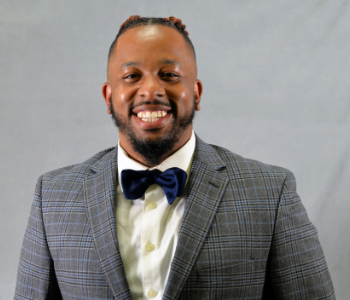
Office of Campus Community & Belonging
Director of Minority Outreach Programs
Quinton (Jerry) Staples II is the inaugural Director of Diversity Initiatives for the Office of Diversity and Inclusion at the College of Coastal Georgia. Quinton has an extensive career in diversity education and multicultural programs, having earned his Masters of Education from the University of North Carolina at Greensboro in Student Administration, and his Bachelors of Arts in Strategic Communication from Elon University. He has gone on to lead CAS Assessments for Diversity and Inclusion, create curriculum for faculty and staff, and develop cultural relevant programs and hundreds of workshops on inclusive excellence.
Olivia Jefferson
Office of Campus Community & Belonging







